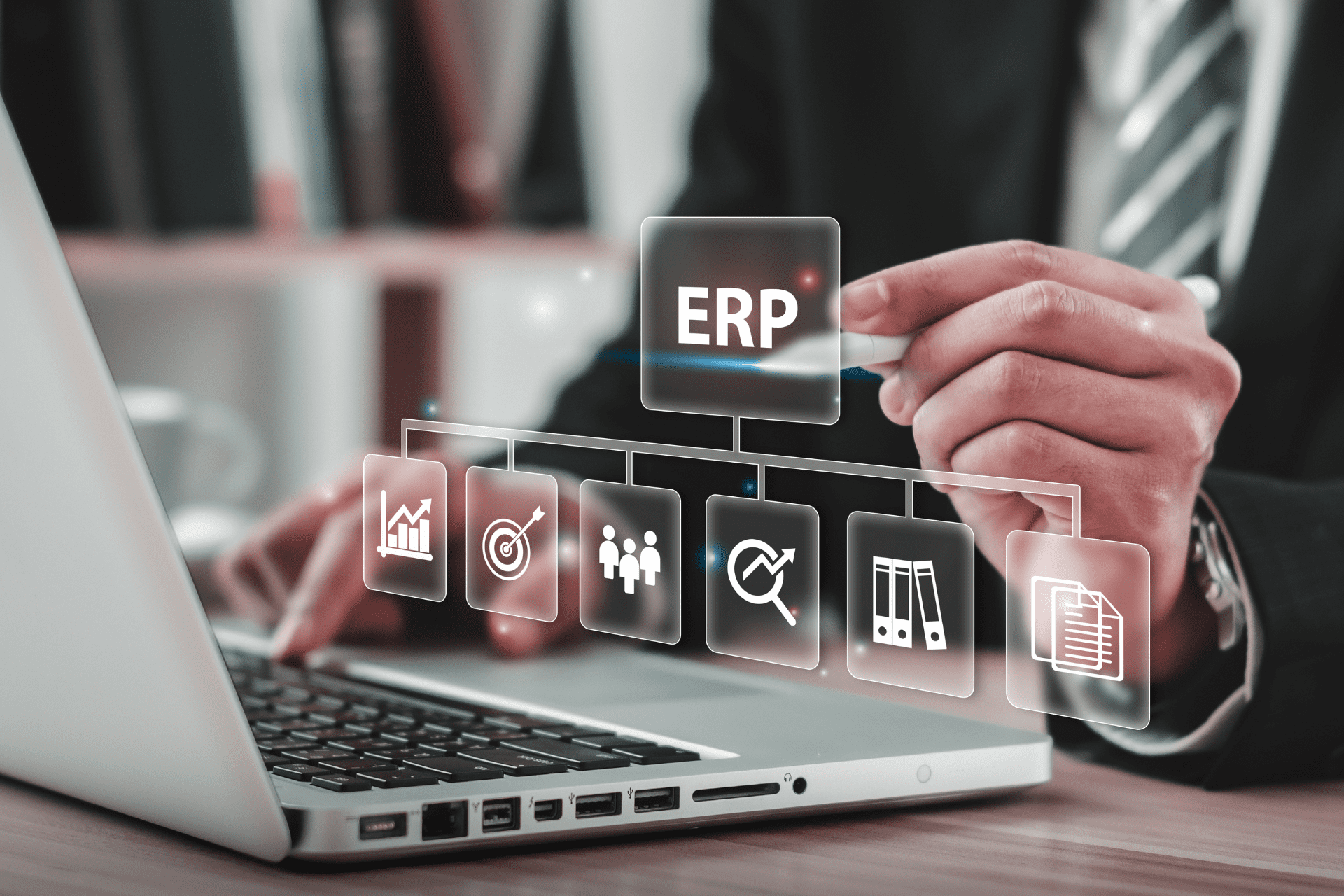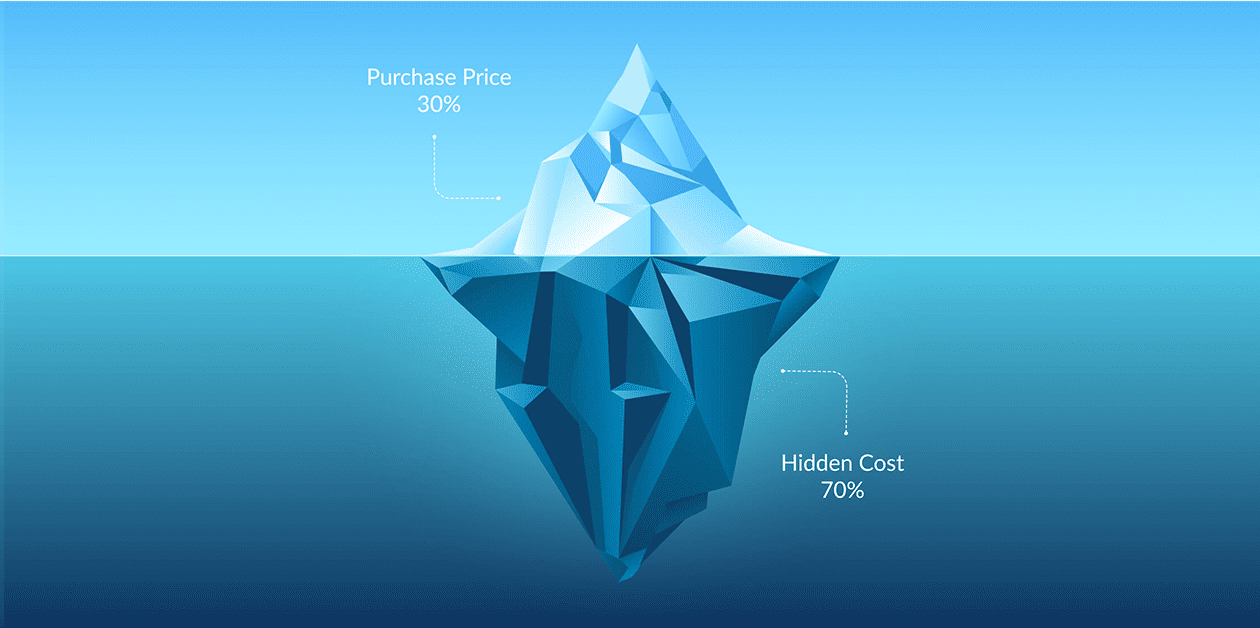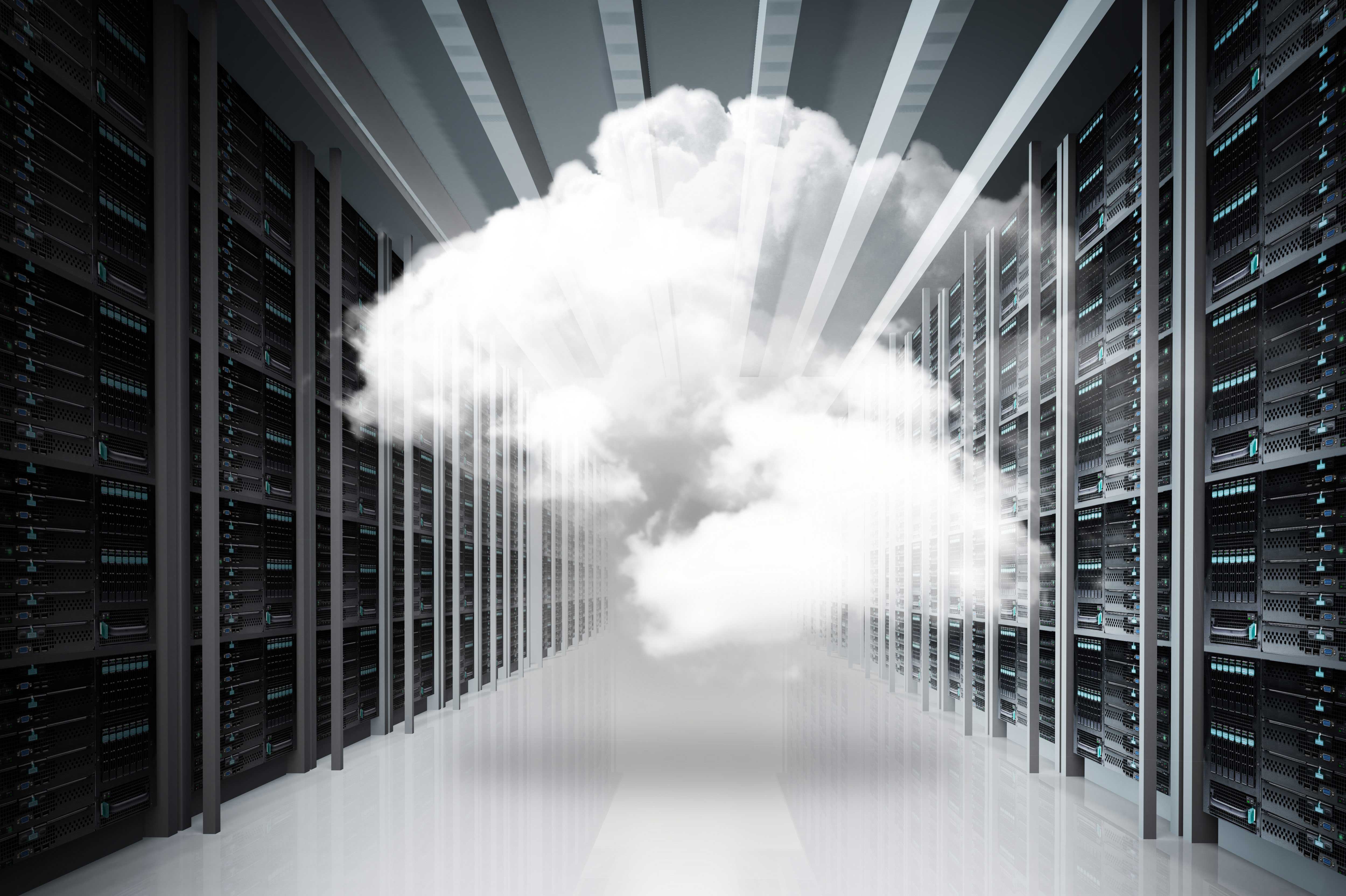Share
Read also

Trends & Views
Digital Transformation Trends for 2026

Trends & Views
The New CRM Trends for 2026

Business Software
ERP Trends for the New Year

Trends & Views
Digital Transformation and AI in the Workplace?
If there is a viable solution for small and medium businesses (SMBs), this is definitely Cloud ERP, since Cloud-based solutions use the SaaS (Software as a Service) model. According to Gartner, by 2018, at least 30% of service providers will have migrated their ERP solutions to the Cloud. The reasons behind this trend are significant and becoming more and more appealing.
Cost and ease of use
The biggest advantage of a Cloud-based ERP solution, in comparison to the traditional ERP systems, is cost-efficiency: less operating expenses and smaller initial investment. For SMBs in particular, this is a crucial factor, since the cost of installing on premise equipment is significant and system administration, by properly trained personnel, is both costly and time-consuming. On the other hand, using a provider that offers hosting services, is certainly a less expensive option that comes with the added benefit that all issues are handled by an expertise. Finally, Cloud-based ERP solutions also offer short-term financial benefits for SMBs.
Data safety
With traditional ERP solutions, businesses had to rely on specialized in-house resources for all matters pertaining to problem resolution, system and hardware deployment and management. With modern Cloud-based solutions, all such tasks are performed by a third-party provide that also hosts both the hardware and the data. Obviously, each case has its advantages, but it is more than certain that with the first option, the cost can be unbearable for an SMB. In any case, by choosing the right solution provider, you also enjoy guaranteed data safety.
Innovation and disruption
During the past few decades, it has been established that traditional ERP technology has led to the merger of several big organizations, and consequently to less innovation and fewer opportunities for startups. Furthermore, nowadays more and more businesses are turning towards a more service-focused model, known as Subscription Economy. Traditional ERP systems are not designed to respond to this new dynamic environment as well as to the requirements that businesses have to meet. On the other hand, Cloud-based ERP solutions are perfectly aligned with this trend.
Hybrid solution development
In order to compensate for the traditional ERP solutions’ lack of flexibility, executives often adopt a hybrid approach, since the legacy systems cannot respond to new requirements and needs. According to Gartner survey mentioned above, hybrid solutions will become the norm by 2020, mainly for businesses that provide services (professional services, business services and digital media) that will migrate to the cloud. On the contrary, some less significant core business operations will continue to be executed by the traditional ERP systems. Garter also concludes, though, that the TCO for hybrid solutions may actually increase, if businesses do not take the necessary steps for strategic planning and differentiated operations.
So, given that there are several factors and choices that cannot be quantified in advance, the safest conclusion that can be reached is that Cloud-based ERP systems have the required dynamics and advantages that make them the right choice for any modern SMB.







